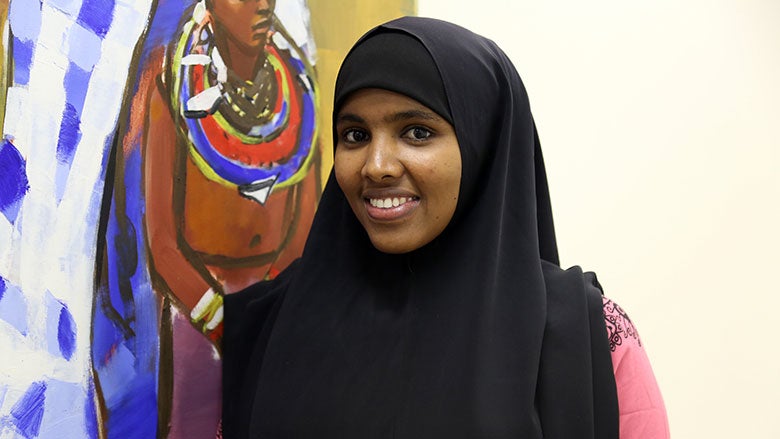
I hated the question, “Who is circumcised in this class? This question was often asked by my literature teacher when we were reading, “The River Between” by professor Ngugi wa Thiong'o. One of the characters, Muthoni, dies after being circumcised.
I felt like everyone looked at me, as though what happened to me was the most inhumane act. I prayed that no one would ask me that question directly. Yes, I am a victim of female genital mutilation, a form of gender-based violence (GBV) against girls and women, but then I was a naive, voiceless victim.
Memories of the day still lie fresh in my mind: the sound of the razor, the smell of the mixture of eggs, tea leaves and charcoal used to stop the bleeding. During those days my toes were tied together to minimize movement, I could not bathe and it was excruciating to urinate. This is what every girl goes through to be a complete tribeswoman. It was meant to help a girl remain chaste.
No one cared about the pain we would experience later during our menses and how giving birth would become a nightmare. Culture was prioritized at the expense of our health. I took it upon myself, to be the voice of my fellow voiceless GBV survivors. I founded a community-based organization called Silver Lining Kenya in Garissa. One of its focus areas is to fight different forms of GBV.
[[avp asset="/content/dam/videos/afr/2018/jun-2/benazir_mohamed_yussuf_blog4dev_2018_hd.flv"]]/content/dam/videos/afr/2018/jun-2/benazir_mohamed_yussuf_blog4dev_2018_hd.flv[[/avp]]
The organization has 12 members who are victims of GBV directly or indirectly. Through the initiative we have worked with 100 girls, who we sensitize to GBV. These are the girls who are too afraid to admit to the fact that they are also survivors of GBV.
At the beginning, we let them write anonymous messages and share their stories on pieces of paper. This helped us know that there are different forms of GBV, specifically within learning institutions, which include bullying, rape and defilement. As a result, we took part in petitioning the county government to pass a bill that would address GBV issues in schools, and we will follow up on the bill until it is implemented.
We are also in the process of setting up a community resource center where community members will get the necessary information they require on GBV. In the center, survivors can visit the center to report different forms of GBV once they happen and seek solutions, for example, “What should a rape survivor do?”
We will also provide pamphlets and magazines to sensitize members of our community on the effects of GBV. Since the GBV survivor have not got justice yet, the center will provide pro bono lawyers who will represent them in court. This will ensure that the perpetrators will not go scot-free, or their cases solved through the ‘Maslaha,’ which is an-elders’ only biased agreement.
This resource center will offer psycho-social support to the victims and train them on how they can overcome the fear of being victims and be great ambassadors to fight the menace. Let’s speak! Our voices are powerful tools to end GBV.


Join the Conversation